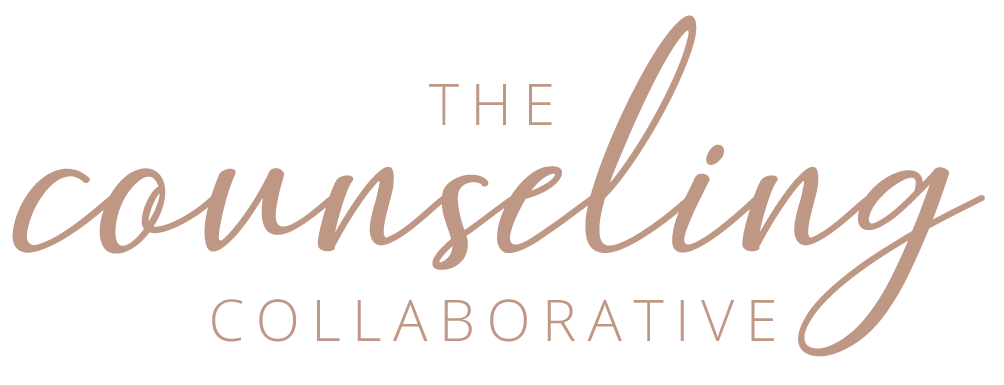What to say when someone says “I’m going to therapy”
Our response matters when someone says, “I am going to therapy.”
More and more people are talking about their mental health - yay!! This is necessary as we push to normalize and prioritize mental health. But as we encourage people to talk about their mental health, it’s important to educate our community on how to respond when someone chooses to share. We want to empathize, validate, and encourage. We want to praise and lift each other up. Therapy is wellness. Therapy leads to acceptance, understanding, and healing. It leads to compassion for others and self.
Therapy DOES NOT mean there is something wrong with a person. Our environment and systems are broken, not the person. All humans are beautifully and wonderfully made. And yet, unfortunately, we can unintentionally shame others when we respond to “I am going to counseling” with “what is wrong with you?” The intention in this statement is often good - it often comes from a place of curiosity and desire to support, but what the person may hear is “something is wrong with me” or “something must be wrong with me to seek counseling” and neither of these statements are true.
And so we are reminded - our response matters.
Instead of “what is wrong with you?” We can trying responding with:
I am proud of you
What brought you to that decision?
I am here if and when you want to talk
That’s great! I want to hear about your experience
How do you like your therapist?
What has your experience been like?
How can I support you outside of your sessions?
What have been your favorite takeaways?
What have been the best and hardest parts of therapy?
Our responses will slowly change how people talk about and engage with therapy. And even more so, how they take care of themselves and their mental health. Taking care of our personal mental health and the mental health of our community WILL change the world. Let’s change the world together.

